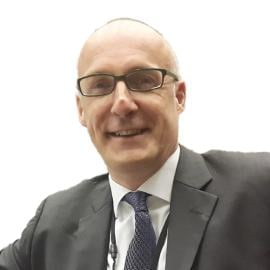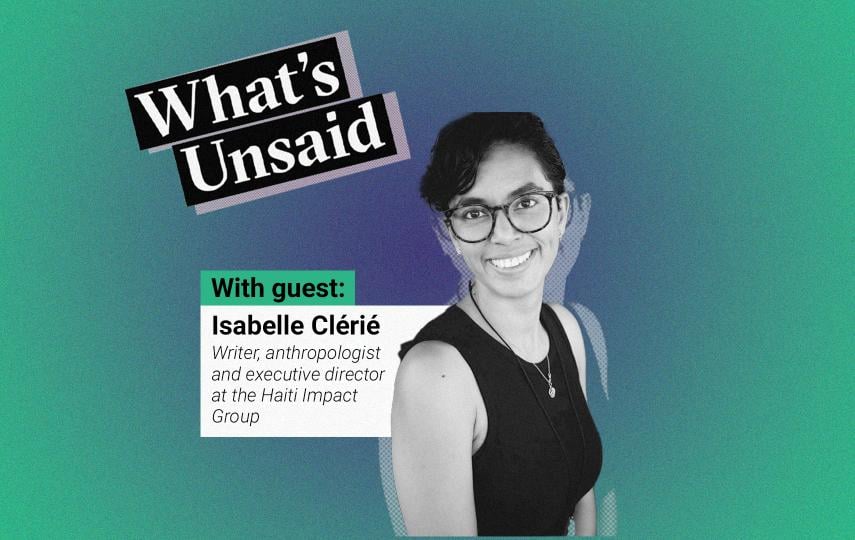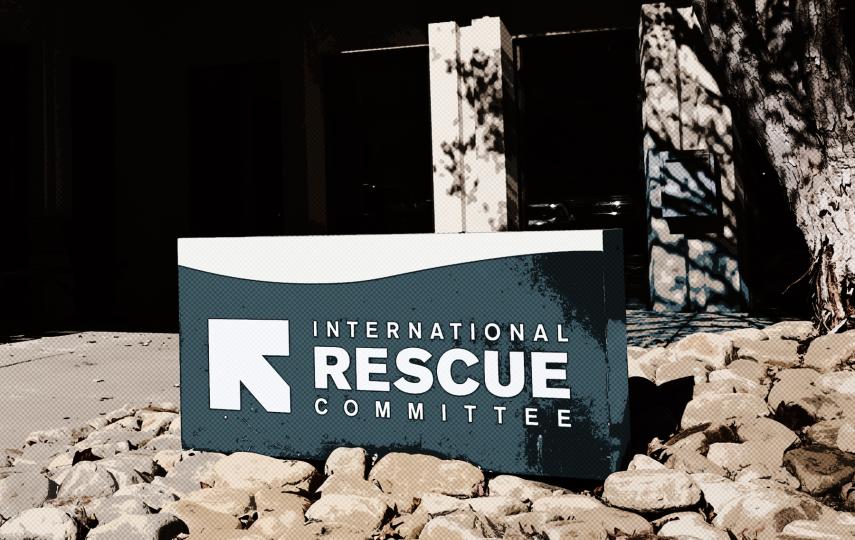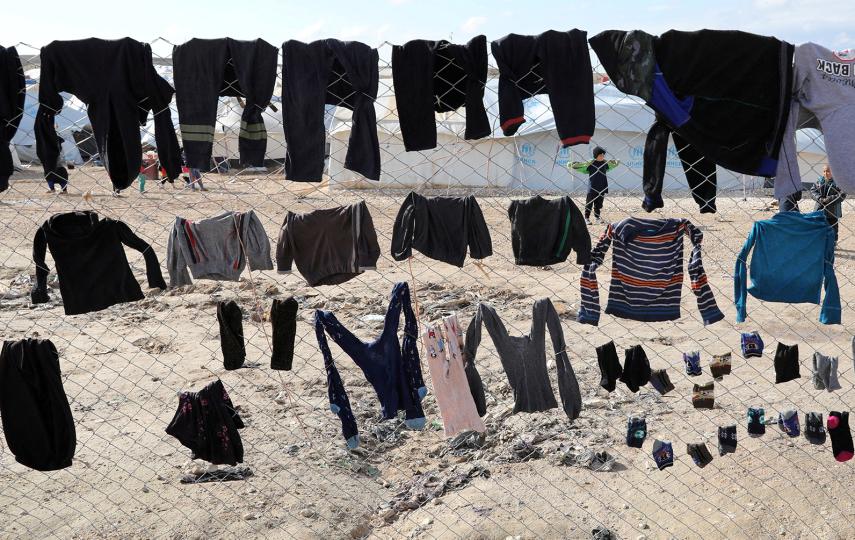We read with great interest Tammam Aloudat’s opinion piece, “Why reform isn’t enough: From rethinking to remaking humanitarianism”. While we share the frustration with humanitarianism’s shortcomings – its contradictions, compromises, and entanglements with global power structures – we believe that dismantling the system entirely is neither realistic nor beneficial for those who depend on its life‐saving assistance.
Many of its critics assume that humanitarianism is purely a product of Western liberalism, an outgrowth of colonialism, capitalism, and geopolitical power. While much of the modern humanitarian system, particularly since World War II, has been shaped by Western institutions, this view overlooks the deep, global traditions of humanitarianism (defined in its broadest sense as “the promotion of human welfare”). Long before the Geneva Conventions, societies practised forms of mutual support: Islamic zakat, Buddhist almsgiving, Christian charity, and Indigenous systems of care all illustrate that the impulse to help others is neither new nor exclusively Western.
The real issue, as Tammam rightly points out, is the current dominance of Western actors within the international humanitarian system. When we discuss “humanitarianism”, we often fail to acknowledge these diverse traditions. Our argument is not to reject the current humanitarian architecture outright but to highlight the absolute urgency (after years of delay and tinkering around the edges) for a shift in power – one that centres local actors, dismantles skewed funding dependencies, and fosters a more pluralistic, representative ecosystem. This was a key message of the 2016 World Humanitarian Summit that we were both closely involved with, yet progress has been frustratingly slow.
There has never been a golden age of apolitical humanitarianism, and there never will be. The challenge is not to separate humanitarian action from politics, but to safeguard its core principles.
The suggestion that humanitarianism has become so politicised that it has lost its meaning is worrying. Expecting humanitarian action to exist in a political vacuum is unrealistic. Humanitarian work – whether negotiating access in conflict zones or distributing aid during disasters – is inherently political. The Emergency Relief Coordinator briefs the Security Council, and organisations like ICVA and the NEAR Network advocate for those in need precisely because humanitarian action responds to political events. There has never been a golden age of apolitical humanitarianism, and there never will be. The challenge is not to separate humanitarian action from politics, but to safeguard its core principles: impartiality, neutrality, and independence.
Achieving this means pushing back more robustly against donor-driven agendas and ensuring that aid is determined by need rather than by geopolitical interests. It also requires rethinking humanitarian decision-making so that it is accountable to affected communities rather than to the governments that finance it. To this end, the Inter-Agency Standing Committee, or IASC, should play its part – through, for example, intensifying its engagement with the Grand Bargain mechanism, where long-held promises need to be fulfilled.
And here we must all accept that localisation efforts have been slow, often tokenistic, and constrained by the very power structures they seek to change. However, to declare localisation a failure is to overlook the progress that has been made. Increasingly, local actors are taking the lead in response efforts – even if international agencies do not always formally recognise their contribution. The moral imperative is clear: Funding structures and decision-making power remain concentrated in the Global North, and so reform must go beyond rhetorical commitments. Local organisations need direct funding, meaningful seats at coordination tables, and genuine partnership rather than being treated merely as subcontractors or as add-ons to humanitarian country team meetings.
Tammam argues that humanitarianism must be “remade” rather than reformed, suggesting that no amount of internal change can fix the system. Yet history shows that humanitarian institutions have evolved in response to new challenges. Whether it is the shift towards cash assistance, the integration of anticipatory action, or the growing focus on climate resilience, change has always been gradual. Yes, large bureaucracies – especially those within the UN family – resist disruption. But completely dismantling the system in search of a theoretical, radical alternative would likely leave millions without essential support. Incremental reform, though frustratingly slow, remains the most viable and responsible path forward.
If we are to shift away from a Western-dominated system, we must engage more actively with non-Western donors.
Recent proposals commissioned by the newly arrived Emergency Relief Coordinator, Tom Fletcher, and laid out by Jan Egeland and Joyce Msuya, emphasise the need for greater efficiency and equity in humanitarian action. Welcome news indeed. Yet an inescapable reality remains: Humanitarian work is inextricably linked to money. No matter how well structured, humanitarian action requires substantial funding, and the source of that funding largely determines who holds power. At present, the bulk of humanitarian funding comes from traditional, largely Western donors – even in regions like Southeast Asia, where the significant economic strength of many of ASEAN’s 10 member states contrasts starkly with the embarrassing reliance on funds from those same Western donors for some of the association’s humanitarian coordination and stockpile costs.
If we are to shift away from a Western-dominated system, we must engage more actively with non-Western donors. However, this transition will not occur on humanitarianism’s terms alone. Non-Western donors have their own political priorities, strategic interests, and methods of operation. Diversifying humanitarian funding is therefore not just about accessing new revenue streams; it is also about navigating complex political realities and accepting that a more multipolar system may involve compromises with new political agendas.
At the core of Tammam’s critique is the understanding that humanitarian crises are not accidental. They are the product of deep, systemic injustices – colonialism, capitalism, environmental degradation, and political oppression. We agree, but it is important to recognise that humanitarianism did not create these structural problems, nor can its dismantling end them. Humanitarian action must be seen as one element within a broader ecosystem of change. It is not a substitute for political action, governance reform, or justice movements, but a vital complement to them.
Humanitarian action is undoubtedly flawed. It is imperfect, it is political, and it can be deeply frustrating. However, completely dismantling its guardrails entirely is not the answer. Instead, we must focus on making it more effective, more accountable, and more equitable – by shifting power to local actors, demanding accountability from donor states, and upholding the core humanitarian principles in the face of political pressure. At the same time, we must be pragmatic about the financial realities that shape humanitarian action. If power is to shift, so too must the flow of funding, and this will inevitably involve political consequences.
The choice, therefore, is not between cynicism and radical reinvention. There is a middle path – a pragmatic, principled reform. This, in our view, offers the best route forward. By making better use of rich data and forecasting methods, we can more accurately anticipate crises and donor behaviours, ensuring that humanitarian action remains responsive and effective.
Finally, humanitarian action achieves its greatest impact when it is effectively coordinated, but this coordination must actively include local actors.
This is a time when we need to strengthen our resolve and resilience. We have ridden terrible storms before. Indeed, managing crises is hardwired into our collective DNA. Urgently needed, deep and meaningful reform can help take us forward to better serve the people who count on us.
Let’s hope that our leaders have the courage and determination that is needed in the face of significant political headwinds. Let’s hope that our community, battered and bruised as it may be, can rise to this challenge together.






